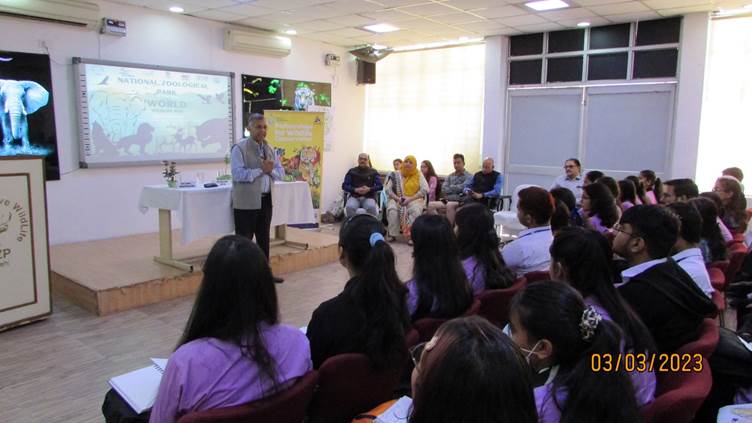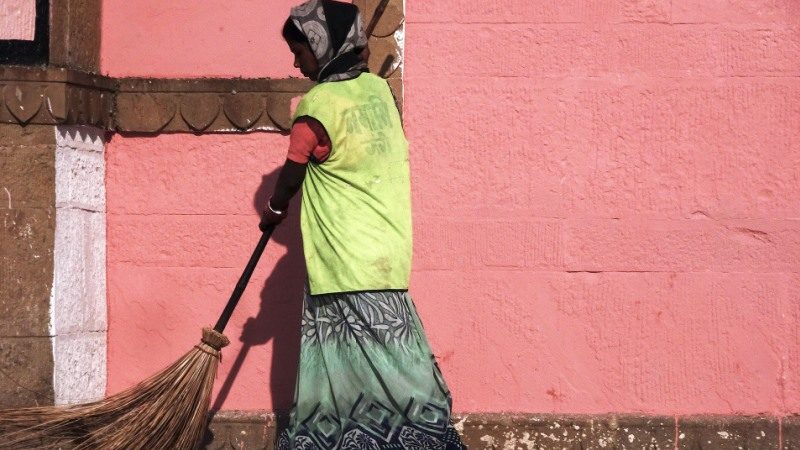Invite: Environment Sustainability Leadership Program by TCP-India
The Climate Project – India is excited to invite you to come and participate in the Environment Sustainability Leadership Program (ESLP) ‐ a climate change training program for the civil society. The objective of this program is to equip people with inspiring and comprehensive tools for spreading the critical message of climate change. Through inspired citizens, TCP-India hopes to create a well‐informed society that can strive to effectively tackle these environmental issues.
The one‐day interactive workshop is split into two sessions. The first session explores the science and impacts of climate change, with particular focus on Indian impacts. The second session will be led by experts in the various environmental fields and will focus on solutions. The materials presented at the workshop will be provided for you to take with you and use in your personal campaign to educate people.
Date: January 23, 2010
Time: 9.00 am to 5 pm
Venue: The Paharpur Business Center, New Delhi
Click here to apply for the ESLP
RSVP to confirm your participation: +91-22-32223320 | divya@climateprojectindia.org
Donation ‐ We recommend a minimum donation to The Climate Project‐India of Rs.500 for attending the workshop if you are an individual. For Students and University Teachers (with ID proof), we recommend Rs.350 as a donation. Corporations are encouraged and requested to make a donation to the organization and fund the attendance of their employees and executives.
Once you complete the training, you will be a part of the TCP‐India Environment Sustainable Leaders network. As a member of this network, you are expected to spread the message broadly and help tackle this problem at an individual level. We will support you through newsletters, our weekly news bulletin and all the updated materials via our website. We will select 70 applicants based on their passion, drive and ability to spread the message of climate change.
The Climate Project is an international non‐profit organization founded by Nobel Laureate, Al Gore in June 2006 and is dedicated to calling attention to what it believes are global problems associated with climate change. The Climate Project‐India (TCP‐India), being the Indian chapter of this international organization, was established in March 2008 with the help of Al Gore and Dr. R K Pachauri.
TCP‐India supports a network of over 400 civil society leaders and 400 teachers all of whom are trained to spread awareness about climate change in India. Every variety of media is used to communicate messages on the science and impacts of climate change as well as solutions to climate issues and strategies for sustainable development. TCP-India works with all sectors of society including businesses, government, schools and individuals.
For further information, please contact:
The Climate Project – India
No.3, Rashid Mansions, Worli Point,
Worli, Mumbai 400 018
Tel: 022‐32223320
Email: info@climateprojectindia.org




This projects seems to be a good initiative. But everything is interlinked.In order to have a better environment and better air to breath factors like, health, sanitation , poverty should taken care of.People should be educated about taking care of the environment.
Health care remains another huge concern. According to a recent Planning Commission assessment, the shortfall of primary health centres and sub-centres in 2008 has remained almost the same as in 2005, and the number of auxiliary nurse midwives has, in fact, decreased over the same period. Today, there is a 50 per cent shortfall in trained health workers, radiographers, lab technicians and doctors. At the existing rate, only 62 per cent deliveries will be attended by skilled personnel by 2015 – with rural areas being particularly under-serviced.
Sanitation, unfortunately, has never been a policy priority for India despite that fact that drinking water contaminated by faecal matter is a major cause of child deaths. The Report admits that India has the lowest sanitation coverage in the world – in 2007-08, an estimated 66 per cent of rural households did not have toilet facilities.
http://bit.ly/9XYkyQ“